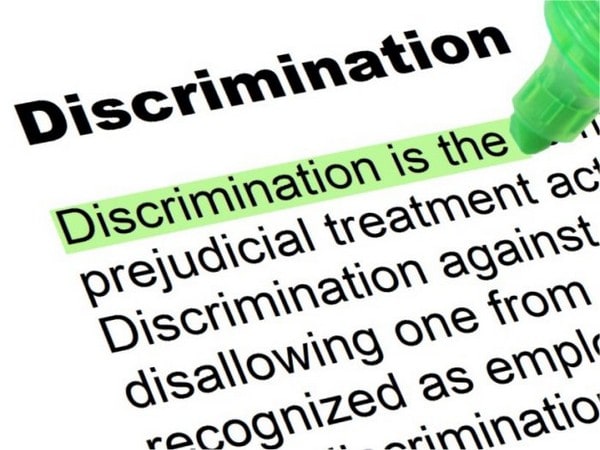Washington: Corporate America is yet to adopt the concept of equal opportunity in its true sense as roughly a third of Latinos have reported being personally discriminated against in the workplace and when seeking housing.
This report is part of a series, titled ‘Discrimination in America,’ which is based on a survey conducted for National Public Radio, the Robert Wood Johnson Foundation, and Harvard T.H. Chan School of Public Health. While many surveys have explored Americans’ beliefs about discrimination, this survey asks people about their own personal experiences with discrimination.
Participants were not asked about their citizenship status. They were asked only whether they were born in the U.S., Puerto Rico or in another country. This report refers to those born in the U.S. and Puerto Rico as non-immigrant Latinos, and to those born in another country as immigrant Latinos.
In the context of institutional forms of discrimination, more than three in ten Latinos reported having personally experienced discrimination because they are Latino when it comes to applying for jobs (33%), being paid equally or considered for promotion (32%) or when trying to rent a room or apartment or buy a house (31%).
Additionally, 27% of Latinos said that they or a family member have been unfairly stopped or treated by the police because they are Latino, and 20% said they or a family member have been treated unfairly by the courts because they are Latino.
It also showed that Latinos with a college degree are more likely (42%) than Latinos with a high school degree or less (25%) to report unfair police stops or treatment.
“Currently, there has been little media attention on issues directly affecting Latinos’ lives, particularly with regard to their jobs and housing. What is also lost is the considerable variation we see within the Latino community. For instance, Latinos with a college degree report more experiences of discrimination, including racial slurs and offensive comments and being unfairly treated by the police,” said Robert Blendon, who co-directed the survey.
Additionally, non-immigrant Latinos are nearly twice as likely (36%) as immigrant Latinos (19%) to say they or a family member have been unfairly stopped or treated by the police because they are Latino.
In the context of individual or interpersonal forms of discrimination, one third or more of Latinos said that they have personally experienced people using racial or ethnic slurs against them (37%) or making insensitive or offensive comments about their race or ethnicity (33%).
Additionally, one in five Latinos said that they or a family member have experienced violence (20%) or threats or non-sexual harassment (19%) because they are Latino.
In the context of healthcare, 20% of Latinos say they have been personally discriminated against because they are Latino when going to a doctor or health clinic (Chart 1). Additionally, 17% of Latinos say they have avoided seeking medical care for themselves or a member of their family out of concern they would be discriminated against or treated poorly because they are Latino.
Overall, 78% of Latinos believed that discrimination against Latinos exists in America today. Nearly half (47%) of those said that discrimination based on individuals’ prejudice is the larger problem, while 37% said discrimination based in laws and government policies is the larger problem. Another 14% said both forms of discrimination are equally a problem. (ANI)

